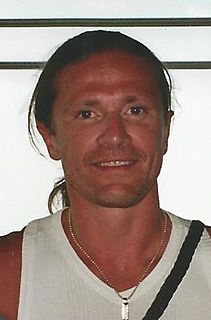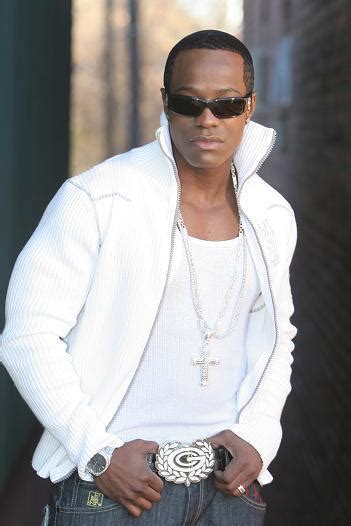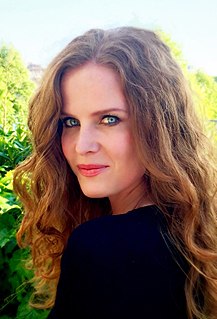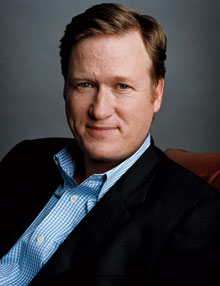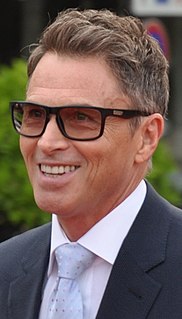A Quote by Zephyr Teachout
And increasingly, as people live online, we are used to making really snap judgments about somebody's character based on their Facebook page or the way their blog feels or look.
Related Quotes
They [the Travelers] know everything about the year that they're coming into. But you can know everything and still be tripped up by the little stuff that you didn't notice. And one character's Facebook page is made up of lies. It's an interesting comment on what's been going on the last few months. We cannot rely anymore on Facebook or Twitter or Instagram. People are making up their own truths.
Cross-cultural reality testing forces people to examine both their own and others' understandings of reality. Most people simply assume that the
way they look at things is the way things really are, and judge other cultures' views of reality before understanding them. These judgments are
based on ethnocentrism, which closes the door to further understanding and communication. Furthermore, ethnocentric judgments keep missionaries from examining their own beliefs and values to determine which of them are based on biblical foundations and which on their cultural beliefs.
I am afraid of what is happening in the West. In a way, the link between art and politics is about to snap. Music and politics, it seems, are increasingly considered to be separate domains. Music is about making peace, not conflict, they say. And, therefore, it is best to do what is considered normal and uncontroversial. Increasingly, accepting the status quo is a precondition for being considered entertainment, while protest culture is grouped alongside politics.
I think half the people who get married now have met online. If I think about all the people in my life who married - they met online, online, online. And it makes sense if you think about it, because you fill out this form of 35 things that really define you and - bam - look, you've got two people who match. It works.


